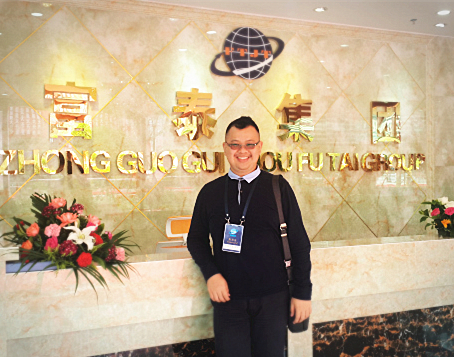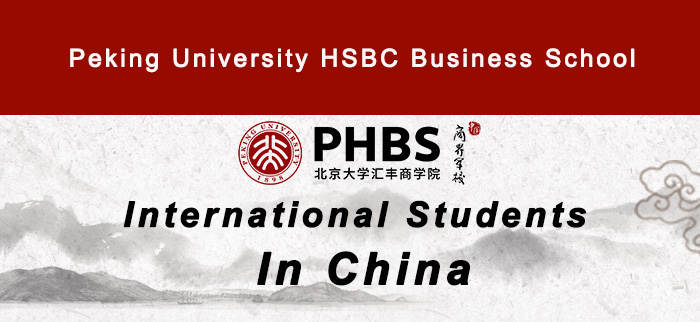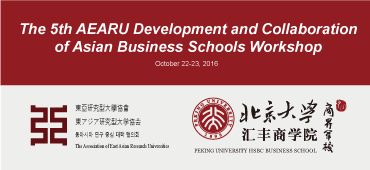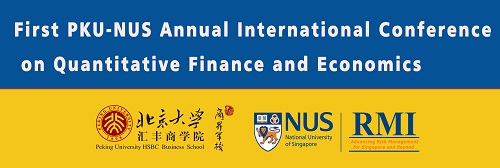The Effect of Technological Imitation on Corporate Innovation: Evidence from the US Patent Data
by Hyun Joong Im, Janghoon Sohn
ARTICLE | Research Policy | Forthcoming
Abstract
Technological imitation may play a crucial role in motivating firms to innovate. However, theoretical predictions and empirical findings on the role of imitation have not yet reached a consensus. One major gap in the previous studies is that the empirical tests are based on samples consisting of only one industry over a short period of time. This study uses a novel measure of industry-level technological imitation proxied by quick citations by competitors to examine the relationship between imitation and innovation. Using US patent data for the period 1977-2005, we find that there are inverted U-shaped relationships between the degree of industry-level technological imitation and industry-level innovation activities and between the degree of industry-level technological imitation and the value of firm-level innovation. Our results suggest that positive externalities from the interactions among firms during the innovation process outweigh the negative effects of free-riding concerns on firms' innovation activities and incentives to innovate up to a high degree of technological imitation, while free-riding concerns outweigh the positive externalities when the level of technological imitation is extremely high. The sector-by-sector analyses show that the relationship between technological imitation and the quantity and market value of innovation are not very different across Pavitt sectors. A comparative analysis on the role of imitation between agglomerated and non-agglomerated industries suggests that the positive effect of a moderate level of imitation and the negative effect of an excessive level of imitation are more pronounced for agglomerated industries. The results suggest that creating innovation clusters, such as Silicon Valley in the United States and Shenzhen City in China, and allowing different innovators to cooperate, imitate and compete with each other would be very effective in promoting corporate innovation. However, an excessively high level of technological imitation is more detrimental for firms in innovation clusters because it lowers those firms' incentives to innovate more radically.
Popular Articles
-
 International Student Profile: Kevin Kurnia
International Student Profile: Kevin KurniaOct 12 2017
-
 Start your application to join PHBS!
Start your application to join PHBS!Sep 18 2018
-
 PHBS Opening a Campus in UK: Se...
PHBS Opening a Campus in UK: Se...Feb 22 2017
Latest News
-
Peking University HSBC Business S...
Time:Dec 20 2019
-
Studious and Aspiring | Dean Hai...
Time:Dec 20 2019
-
PHBS Holds the Second PHBS Works...
Time:Dec 19 2019
Campus Events












